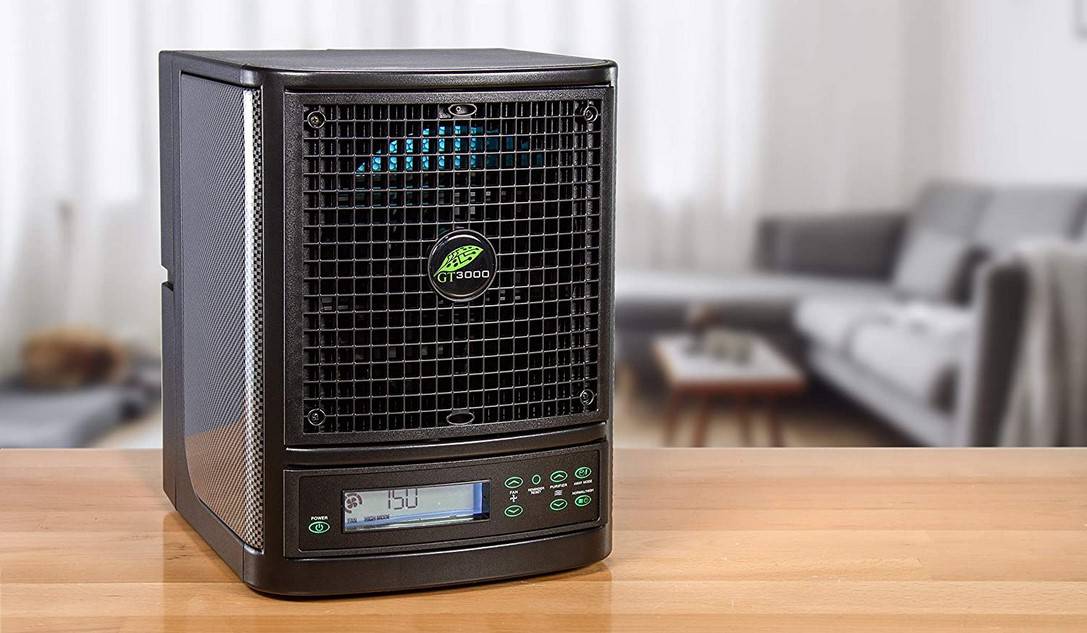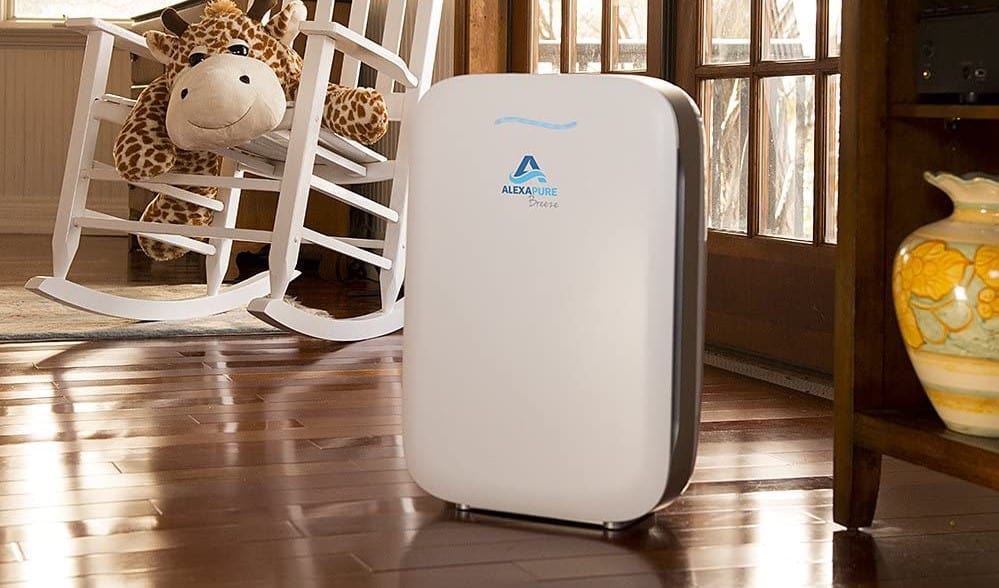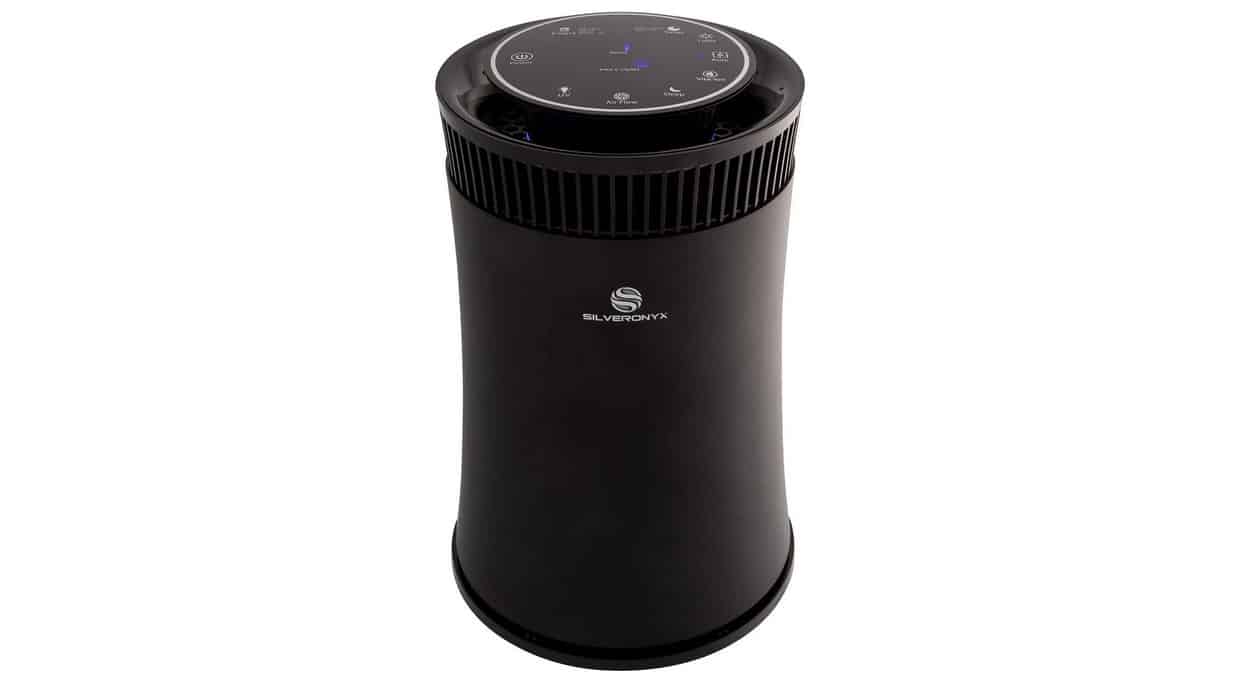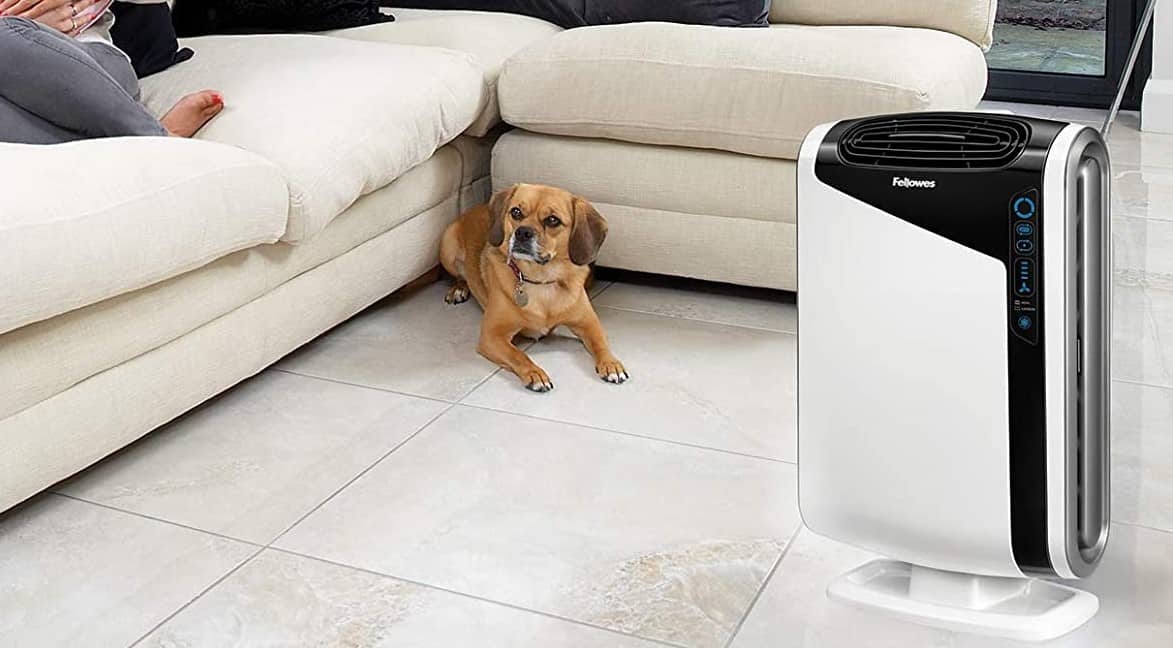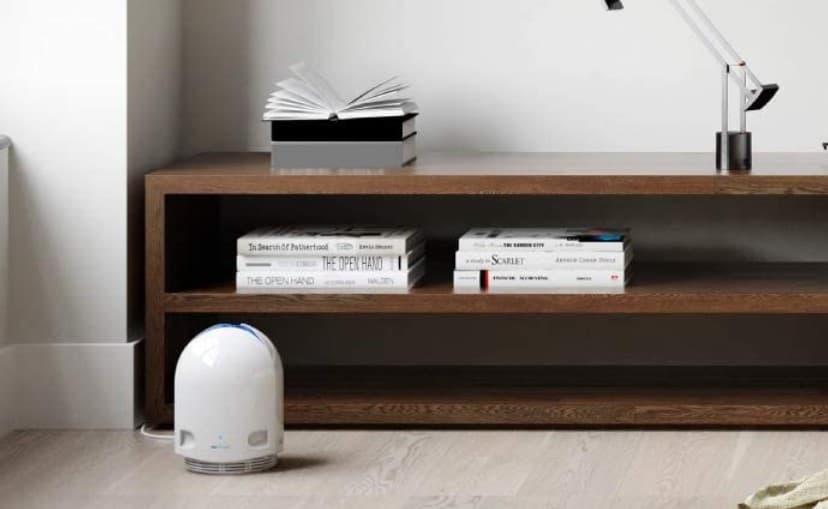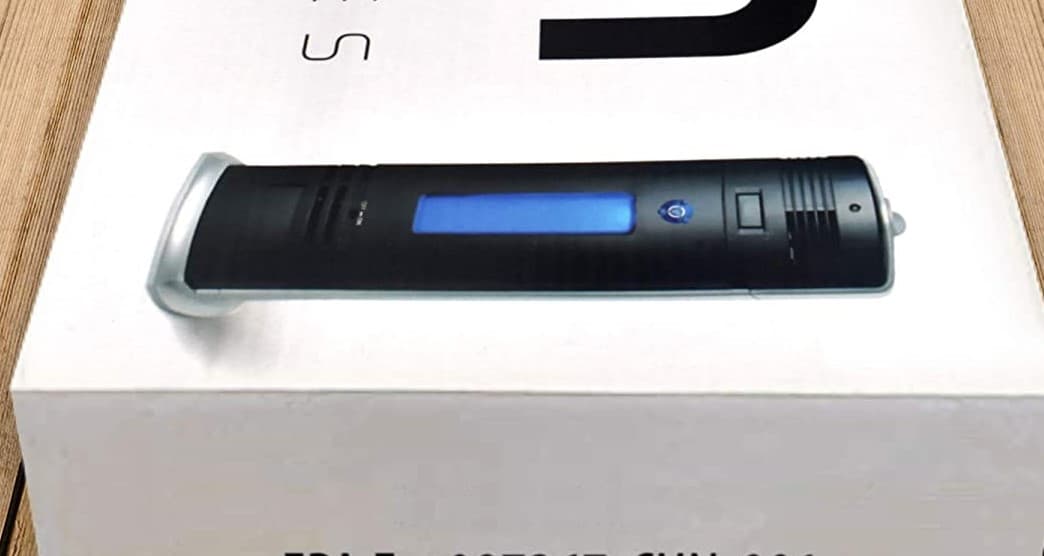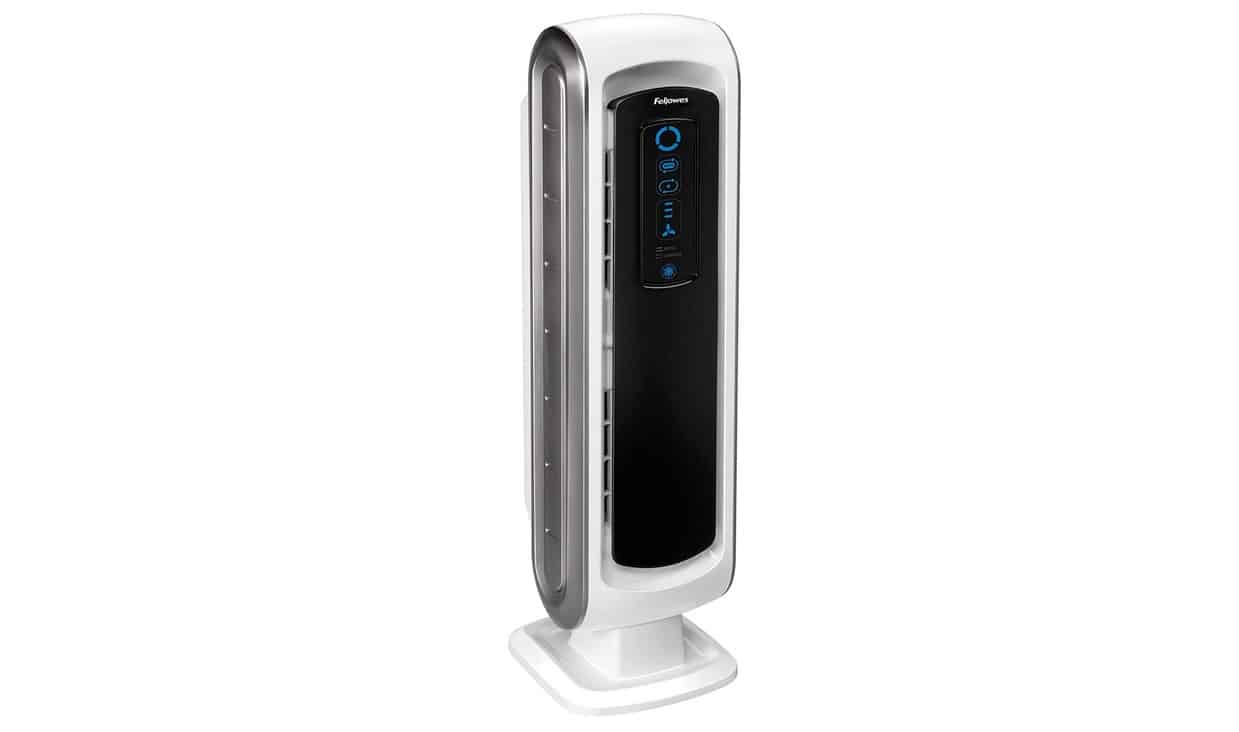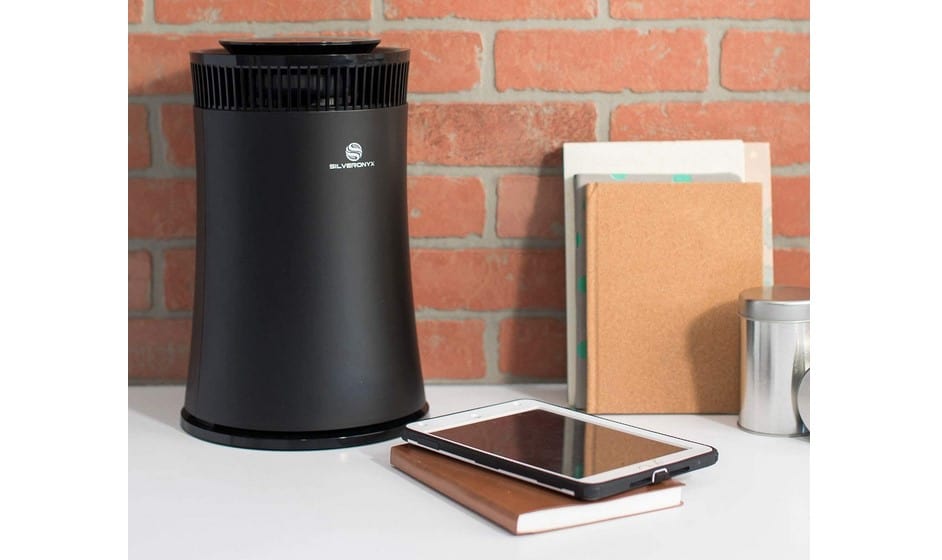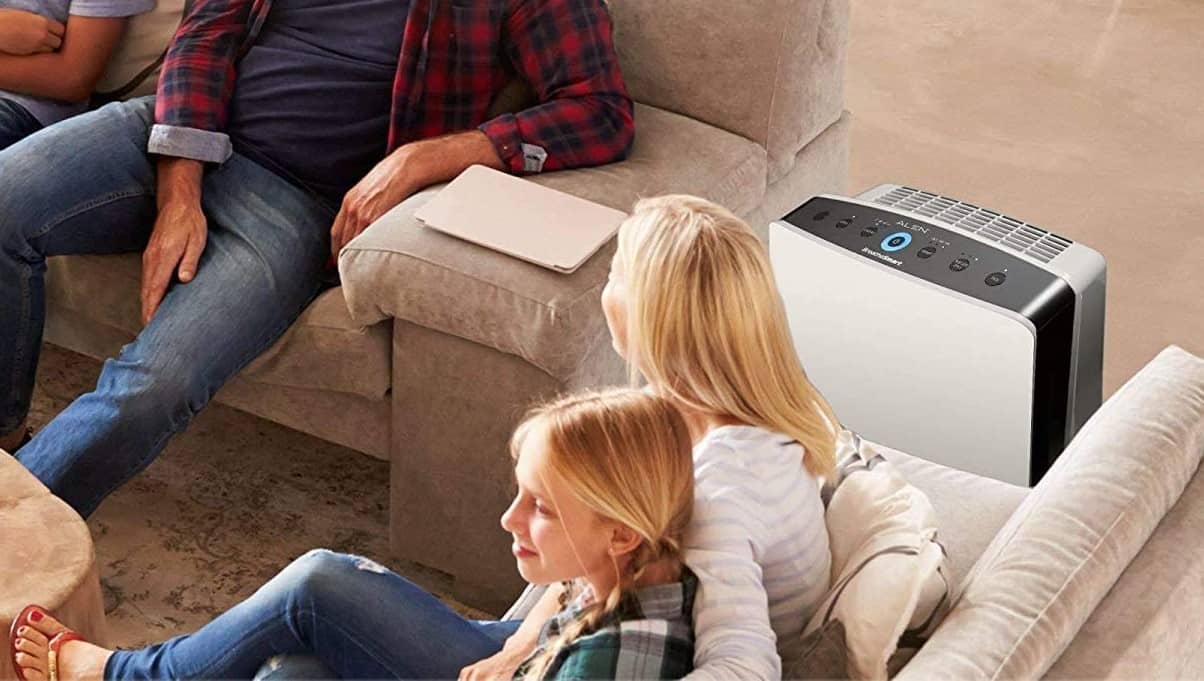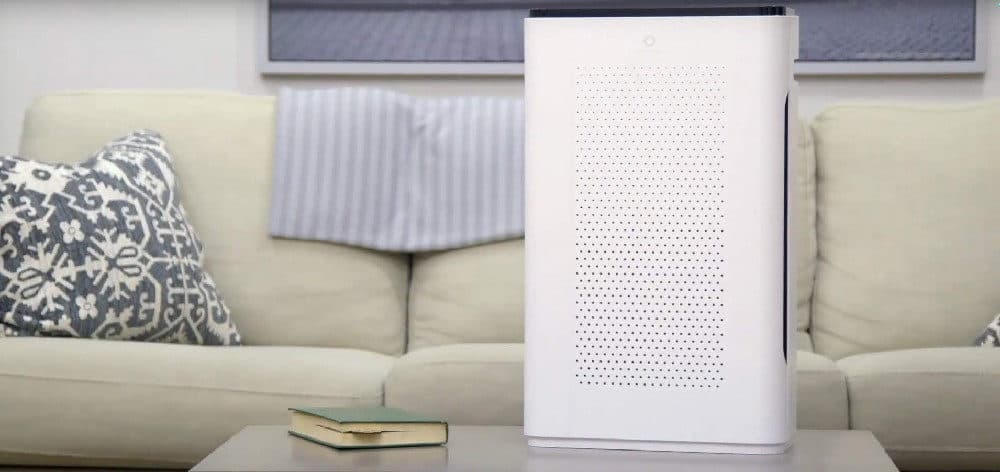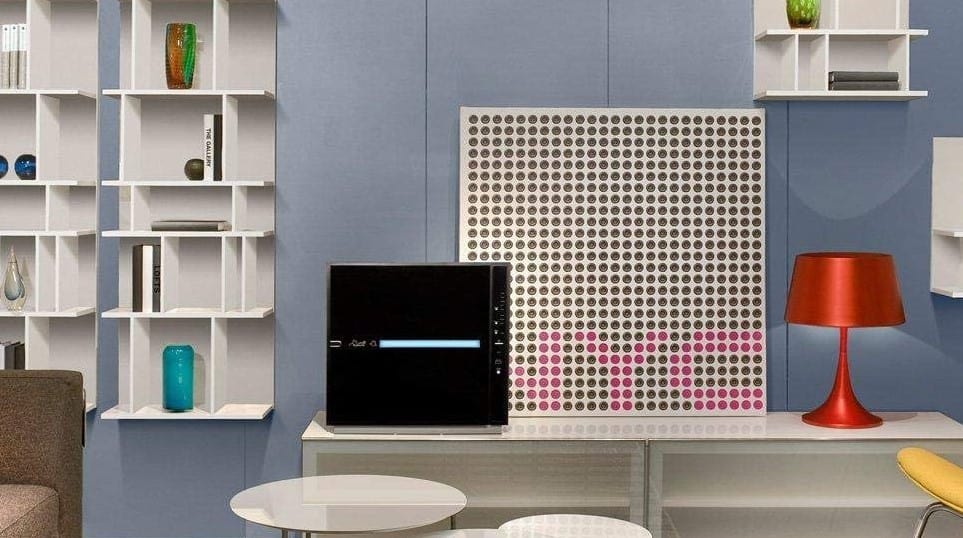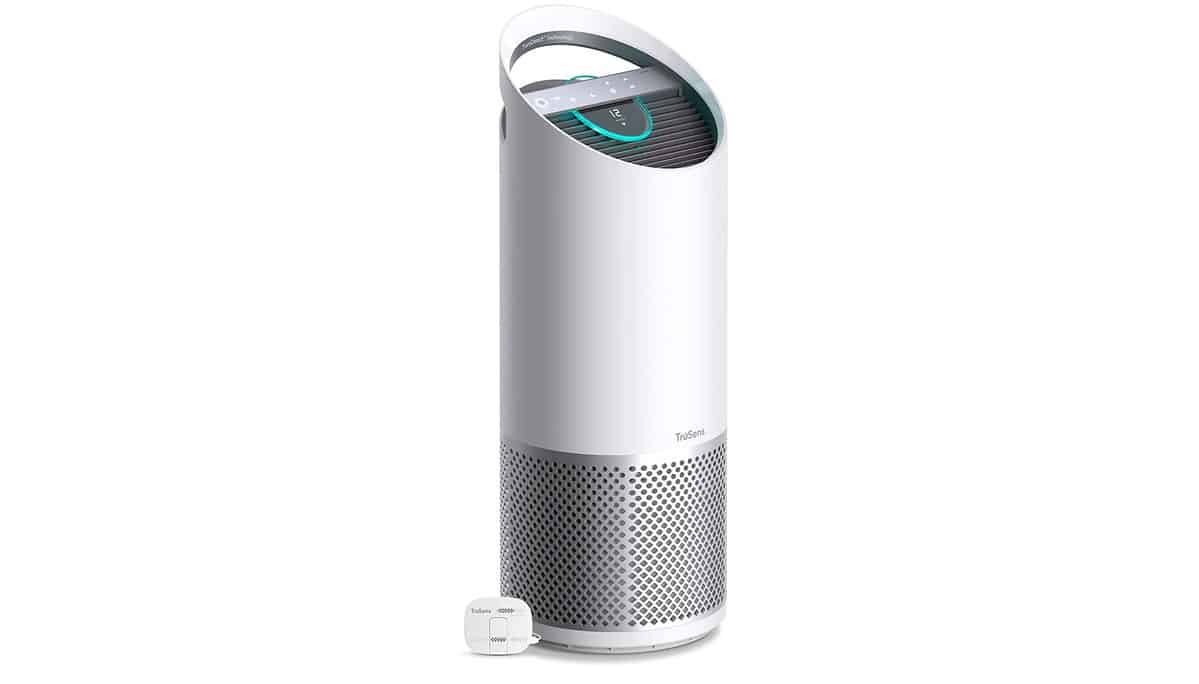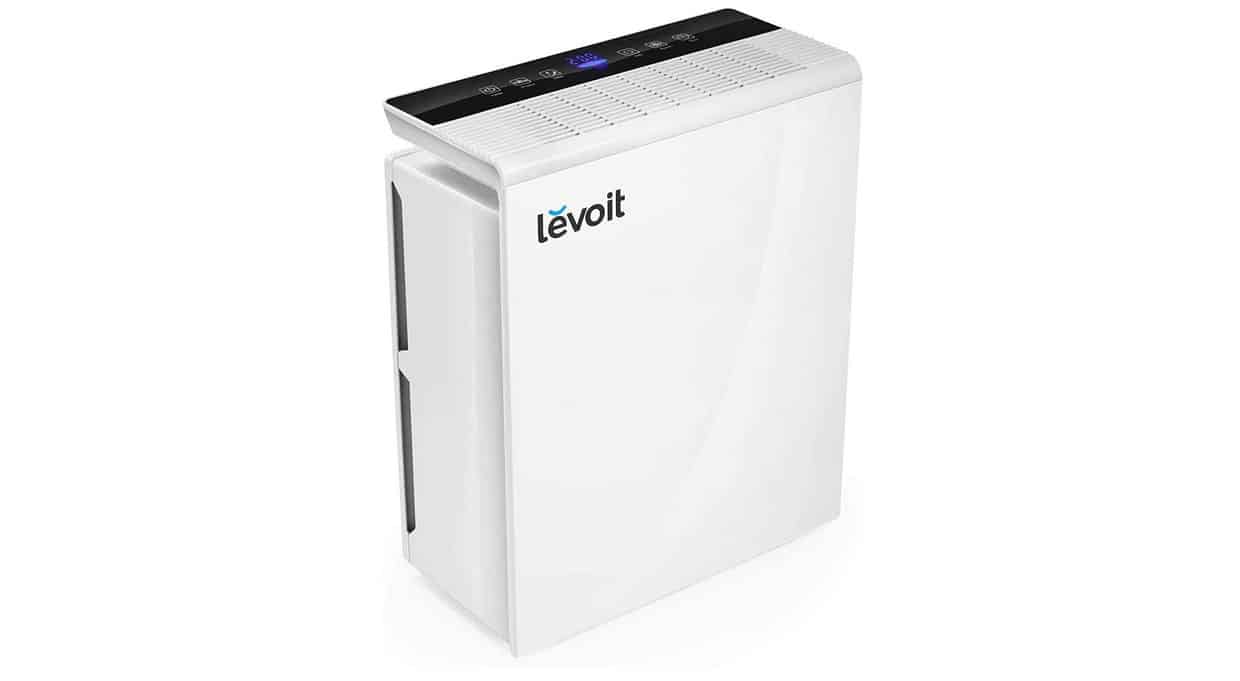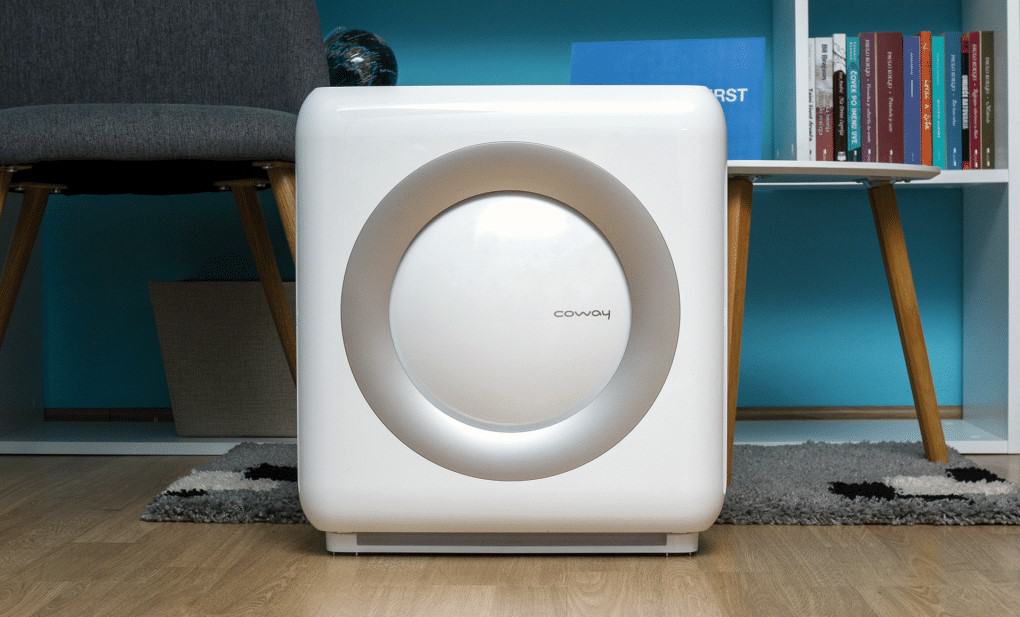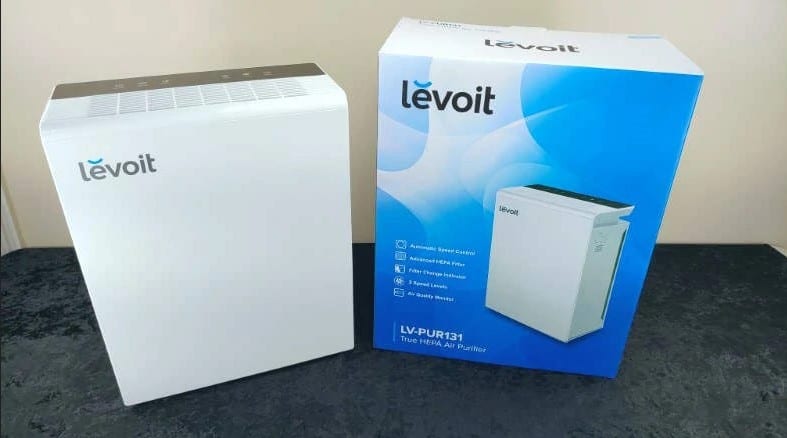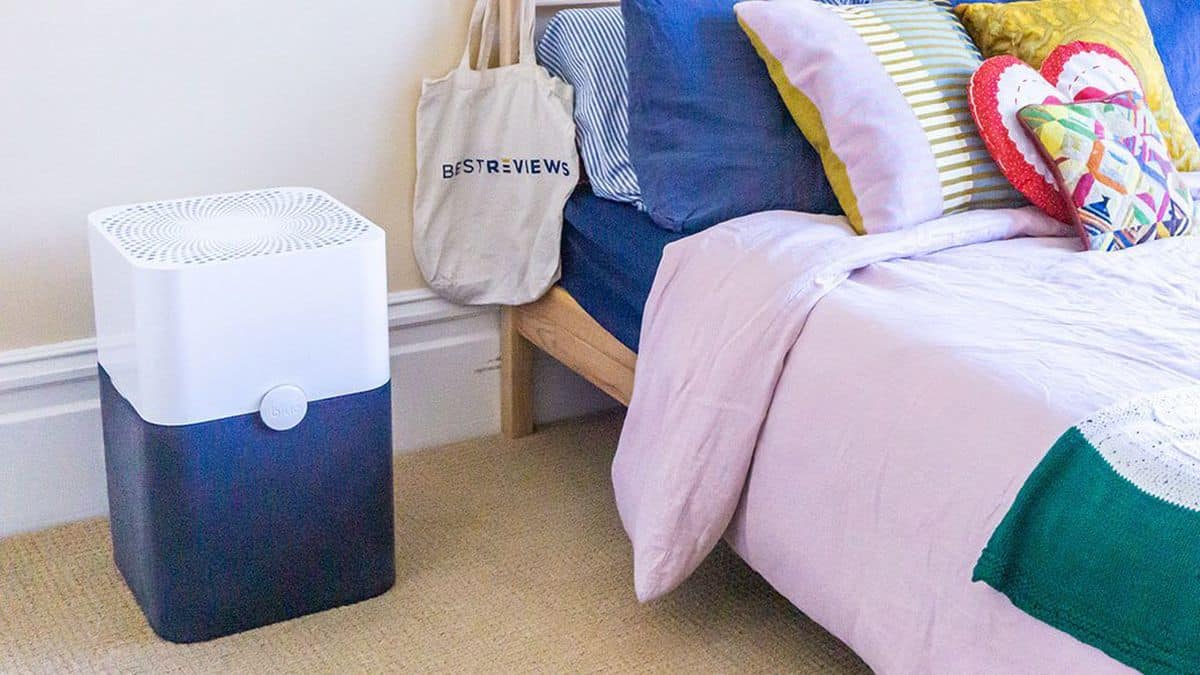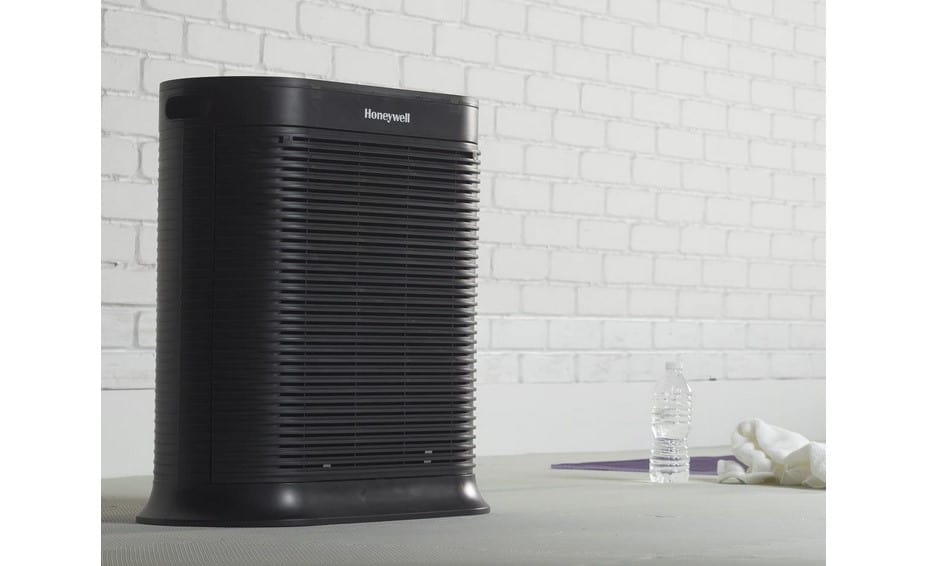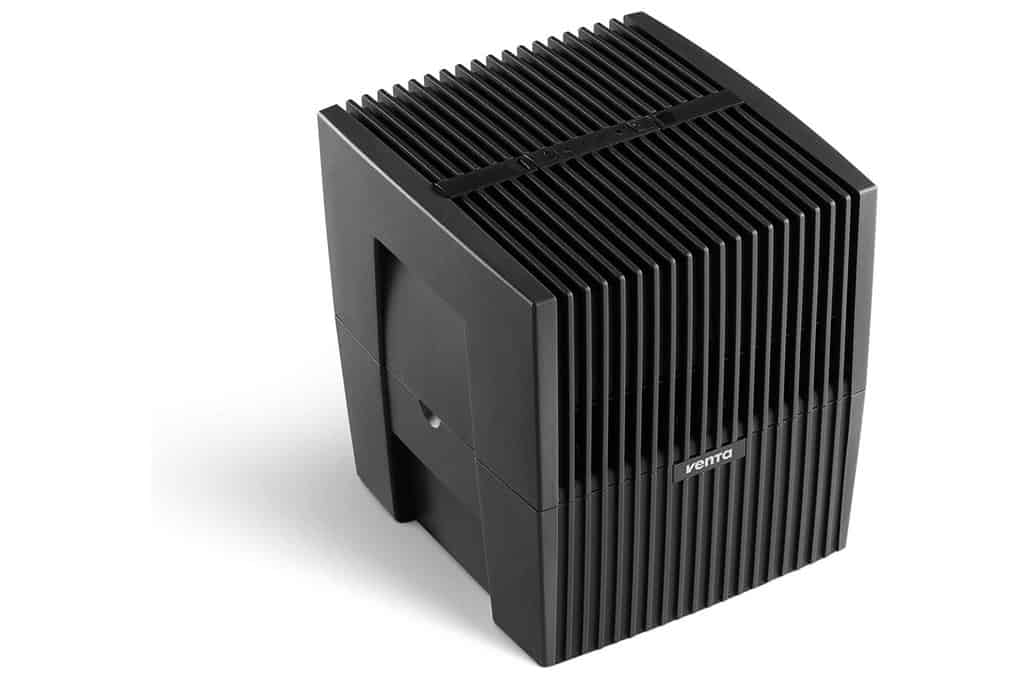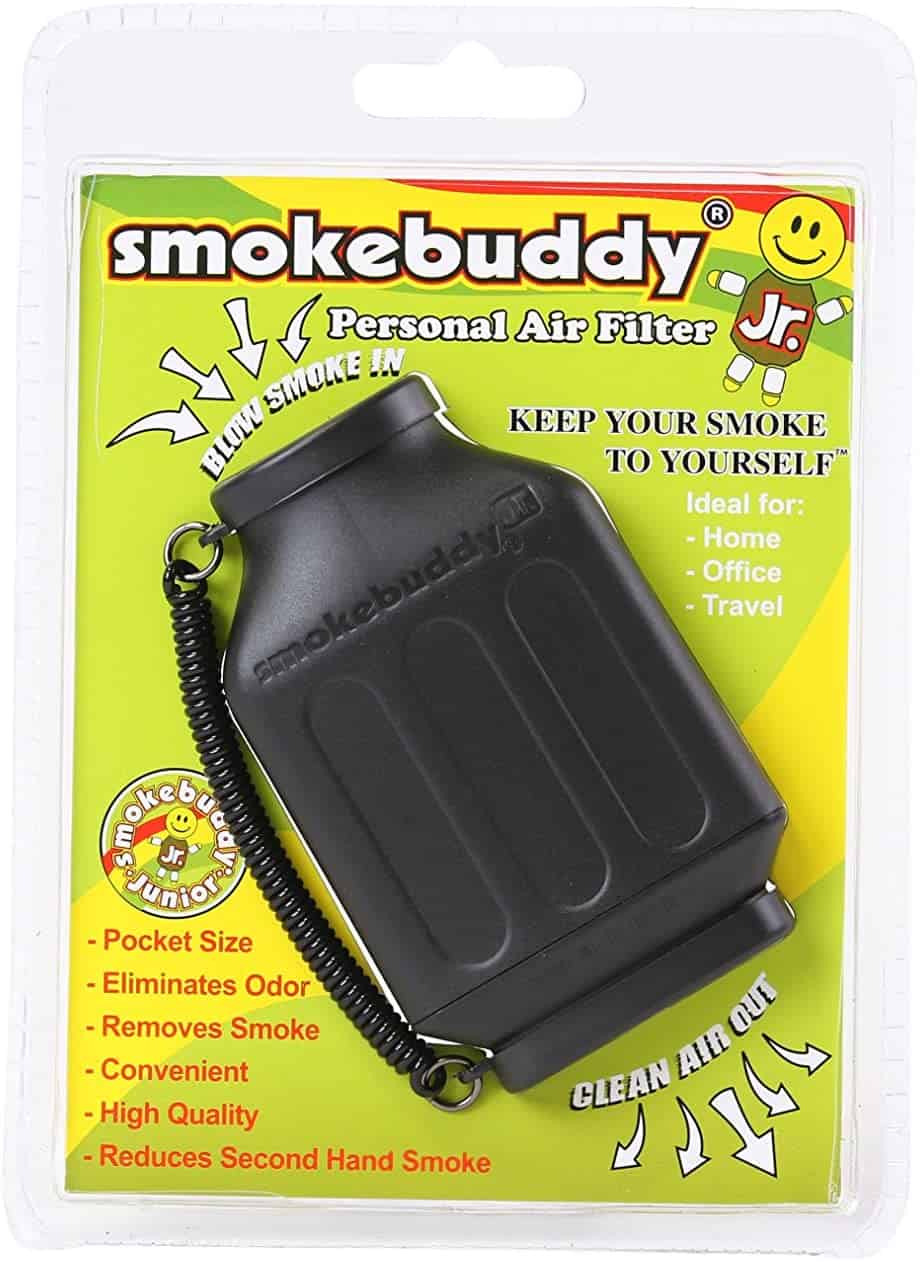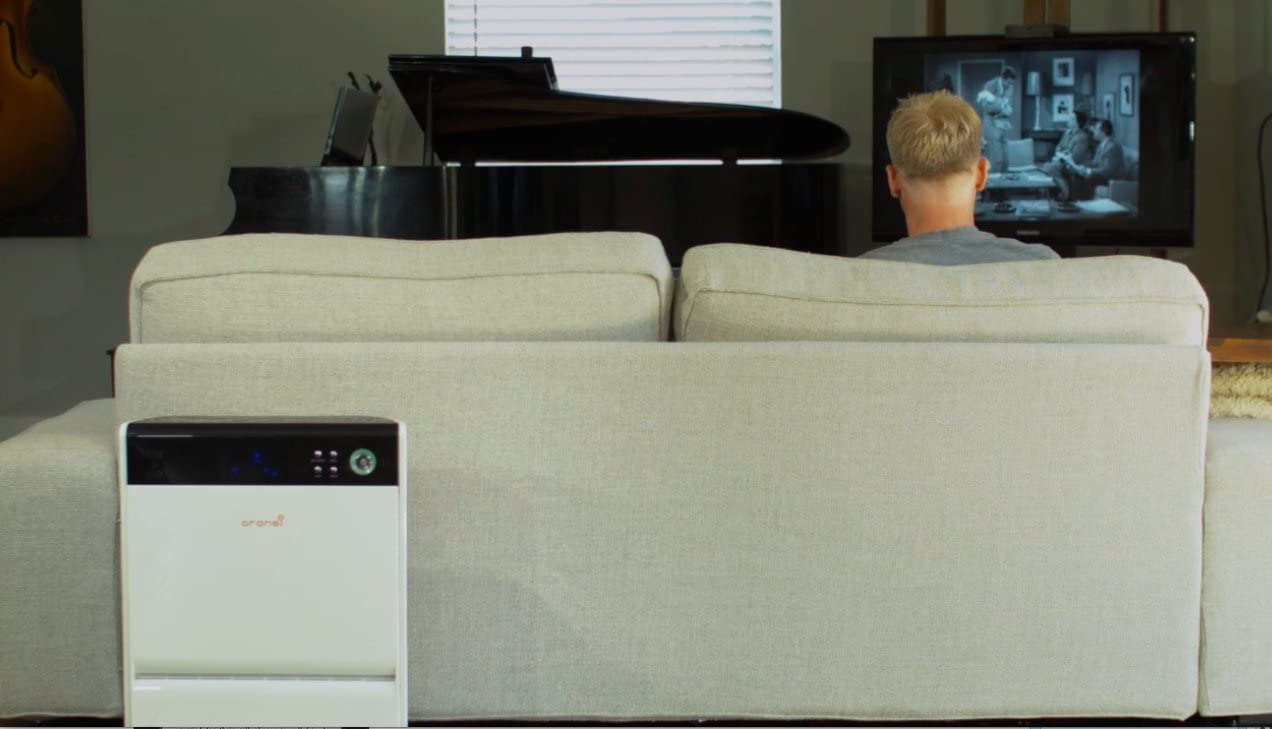When it comes to finding the best air purifier, consumers face many choices, including what filter type they want and how the airborne particles are removed from the air. So, one of the choices would be to consider an air purifier: washable filter vs. replaceable. However, brands recently began making washable filters as an alternative to the traditional disposable filter.
KEY TAKEAWAYS:
- Washable filters recently became available when Honeywell introduced the IFD filter.
- A HEPA-based air purifier requires filter replacement about once a year, though some HEPA-type air purifier filters claim to be washable.
- Activated carbon filters provide an excellent option for consumers looking to reduce household odors related to cooking, mold, or smoking, as well as other gaseous pollutants.
Washable Filter vs. Replaceable Filters in Air Purifiers
Several air purifiers, like the BlueAir Blue Pure 211 or Pure 411, use reusable air filters, but some offer a washable filter option. For example, IFD filters alone may be washed and placed back in the machine. Additionally, some air purifiers with washable carbon filters exist. Brands may market a filter as “washable HEPA,” but consumers should be wary of this statement. Instead, most HEPA air purifiers require a replacement filter every year unless they specifically state that they contain a permanent or washable filter. If you live with a smoker, it’s very helpful to understand how air purifiers work with cigarette smoke. For further information, learn the difference between IDF filters and HEPA filters, as well as air washers vs air purifiers.
Washable IFD Filter for Air Purifiers
Some Honeywell models have washable intense field dielectric (IFD) filters, though they should not be confused with permanent filters. These filters capture up to 99% of airborne pollutants and allergens, such as pollen, dust mites, mold spores, smoke, and pet dander. This technology forces air to move around using a fan and some models even offer multiple speed settings. When selecting which washable air filter is right for you, consider the cost of the reusable air filter and the air purifier and the potential savings you may see as opposed to units with a disposable filter. Additionally, if you are concerned about mold, you need to know if an air sanitizer or an air purifier is more effective for dealing with mold.
Insider Tip
There is no standard for washable HEPA filters, so be wary of any that state they are.
The Benefits of Washable Filter Technology
Because of their drive to design a washable filter, Honeywell invented a new filter that allows the air purifier to save energy and reduce the product’s noise level. It works similarly to an ionizer, charging larger particles before trapping them. The filter can then be washed, unlike other filter types. In addition, the reduced power consumption enables higher energy ratings while still giving the desired air quality at various speeds.
Target Particulate Matter with a Replaceable Air Purifier Filter
HEPA-based air purifiers typically require filter replacements about once a year, though the frequency depends on several factors, including particulate matter concentrations in your house. To be HEPA certified, the Department of Energy requires that this type of filter catches 99.97% of airborne particles 0.3 microns in size or larger. As a result, some HEPA-type filters have become available that do not meet the quality and performance standards required for certification. Additionally, HEPA filters do not produce harmful ozone as IFD models do.
Eliminating Odors with a Replaceable Filter
An activated carbon filter, sometimes referred to as an activated charcoal filter, is a disposable filter that features the ability to eliminate household odors and volatile organic compounds from gases. Although these types of filters have a washable version, many air purifiers still utilize the disposable air filter version. Although these are not HEPA-grade filters, they target particulate matter within a designated space that HEPA-based air purifiers cannot catch.
Warning
An IFD washable filter catches airborne particles in the filter, meaning you should be careful when you wash it to avoid touching them.
F.A.Q.
How long does an air purifier with a reusable filter last?
A reusable air purifier filter lasts about 5-6 years, though increased particulate matter and lack of washing may significantly reduce lifespan and effectiveness.
Can you wash and reuse air purifier filters?
If your air purifier’s user manual states that the filter is washable and reusable, you can do so. However, if you have a standard HEPA filter, you could damage it if you try to wash and reuse it, making it less effective.
Are washable and permanent filters the same?
Many people use the terms washable and permanent interchangeably when speaking about filters. However, permanent filters that do not state that they are washable should not be washed. They can, however, be cleaned using a vacuum.
STAT: There is no standard for washable HEPA filters, and there have not been any studies testing how well these filters work after they have been washed. (source)

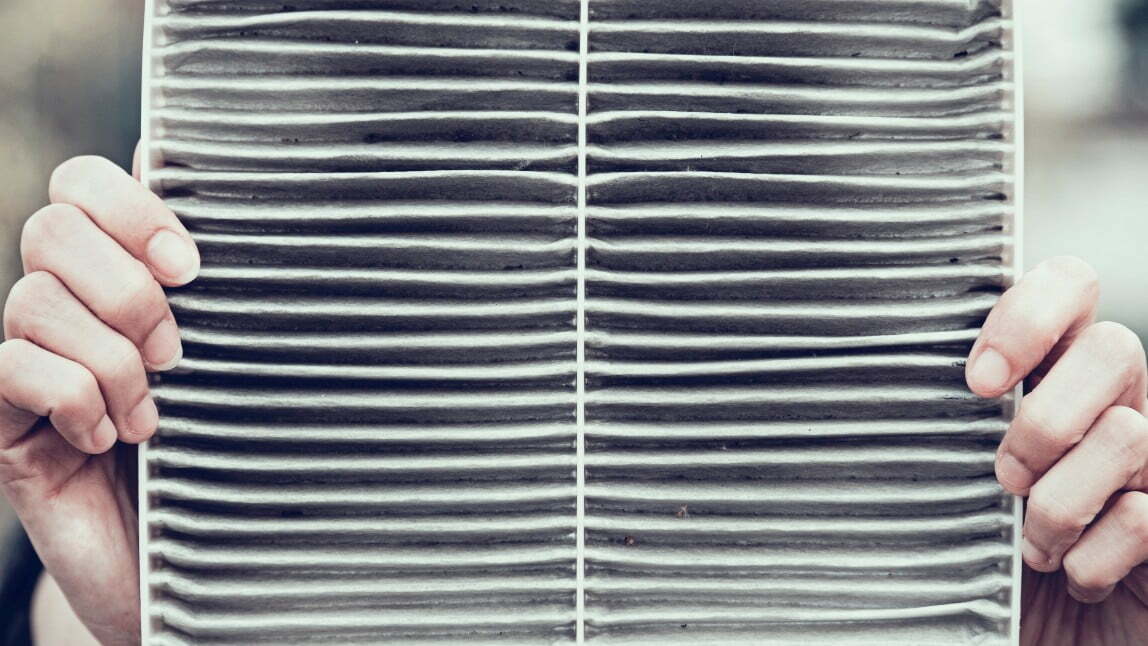













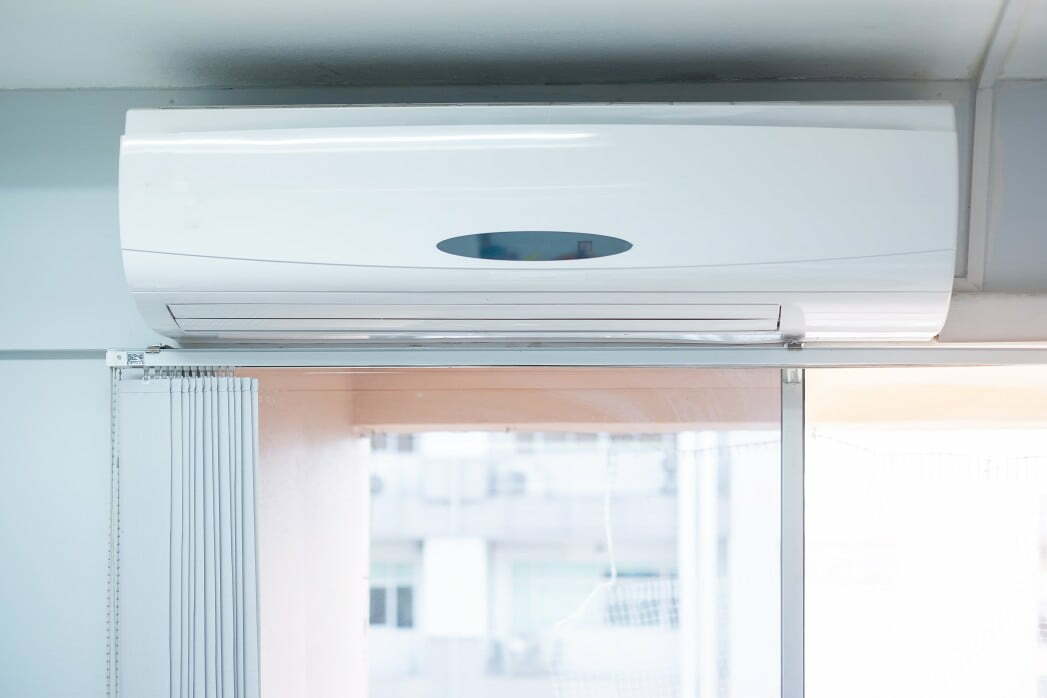
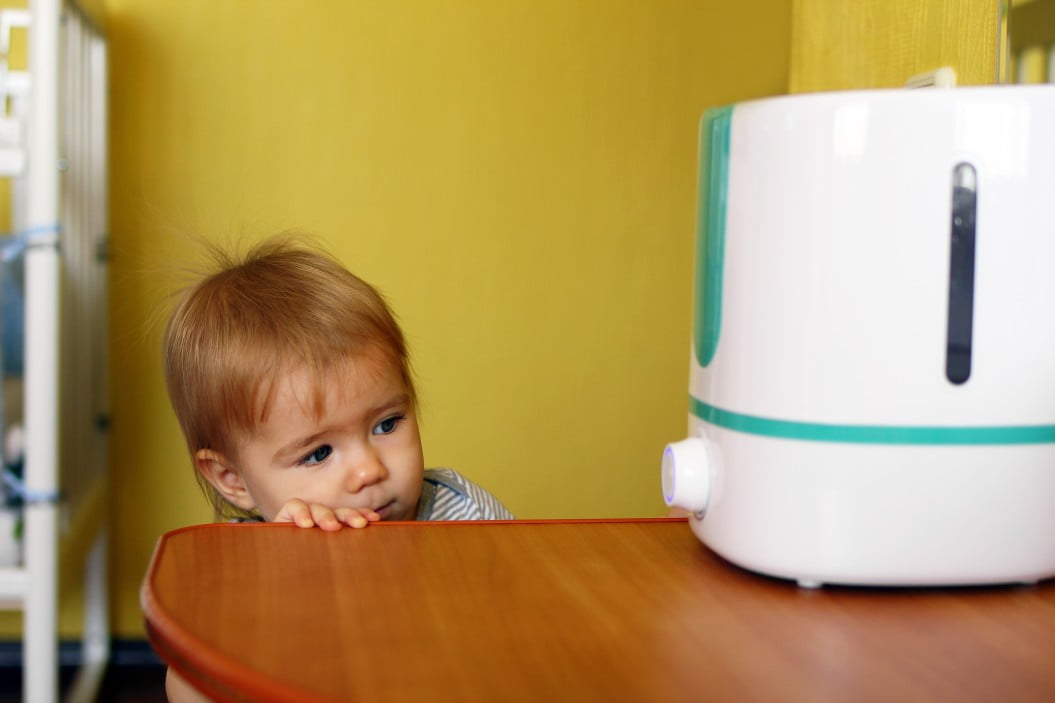
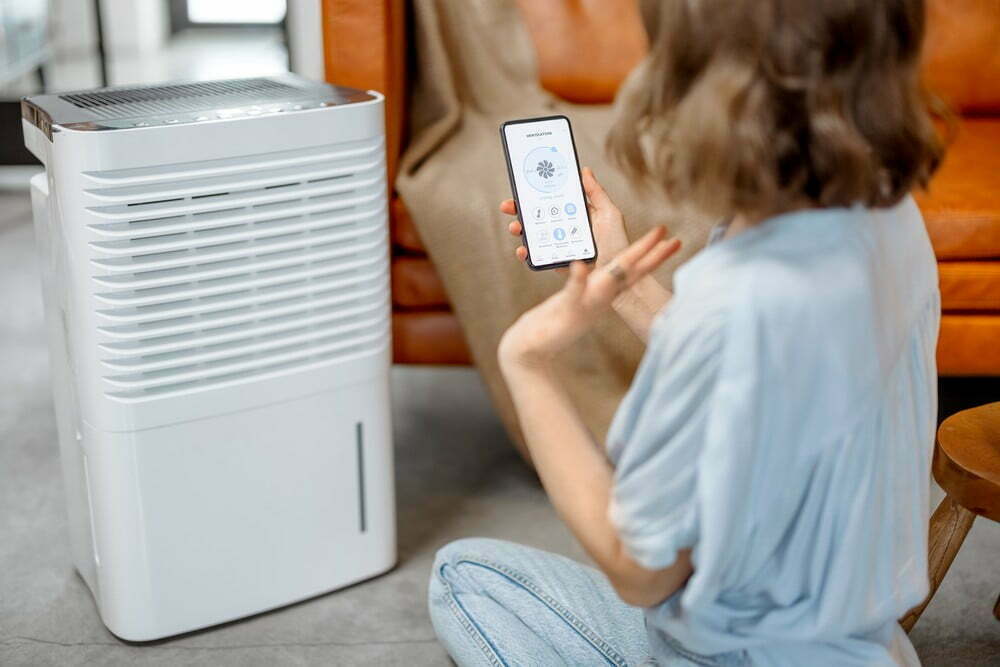
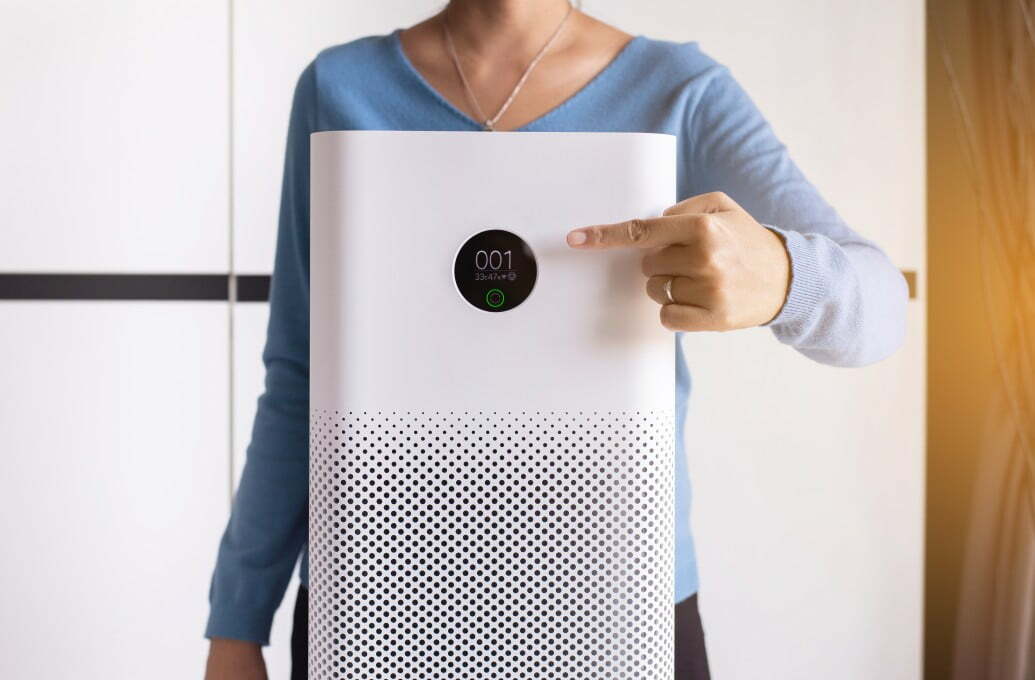
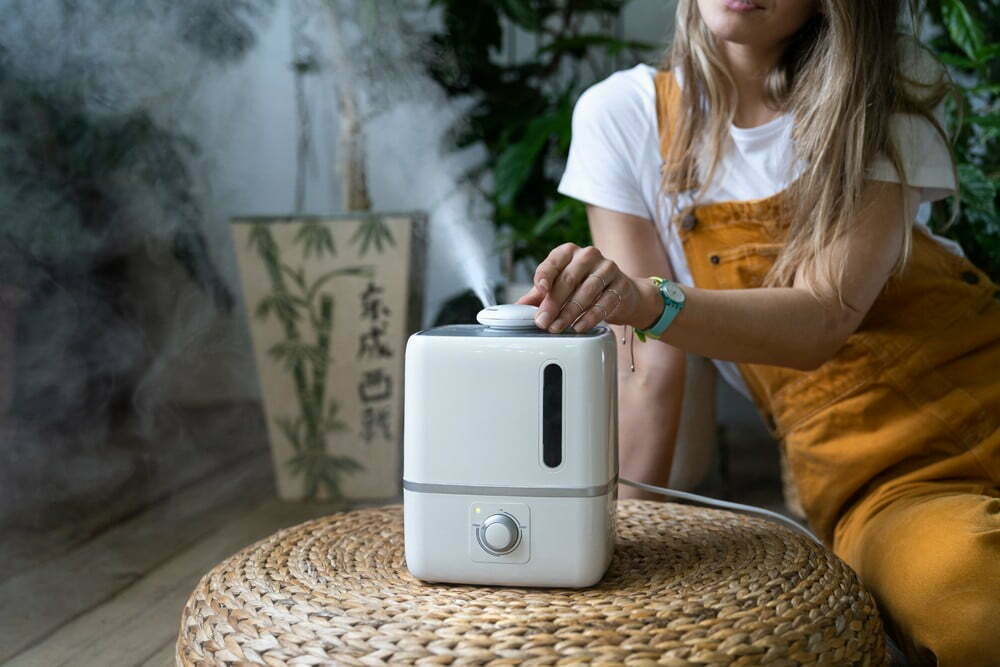
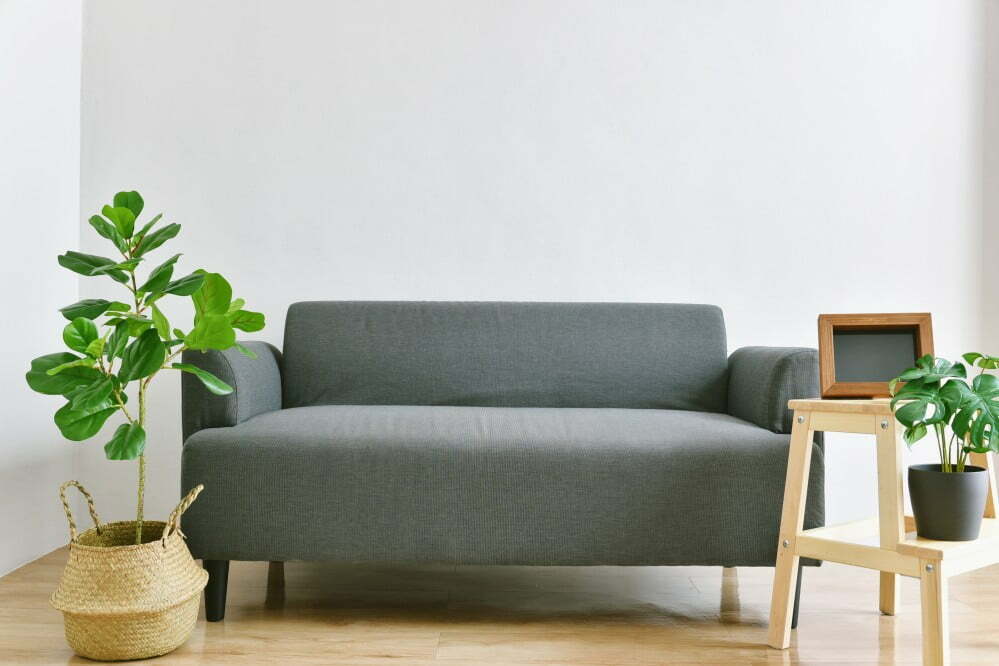

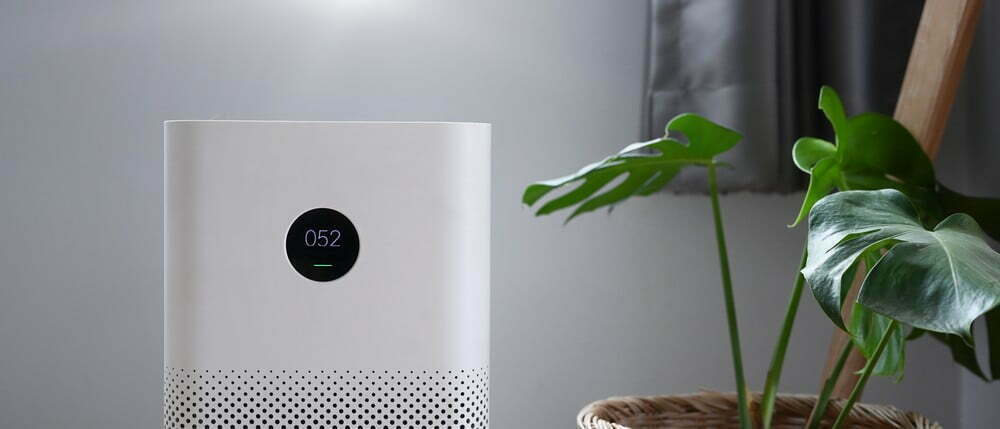
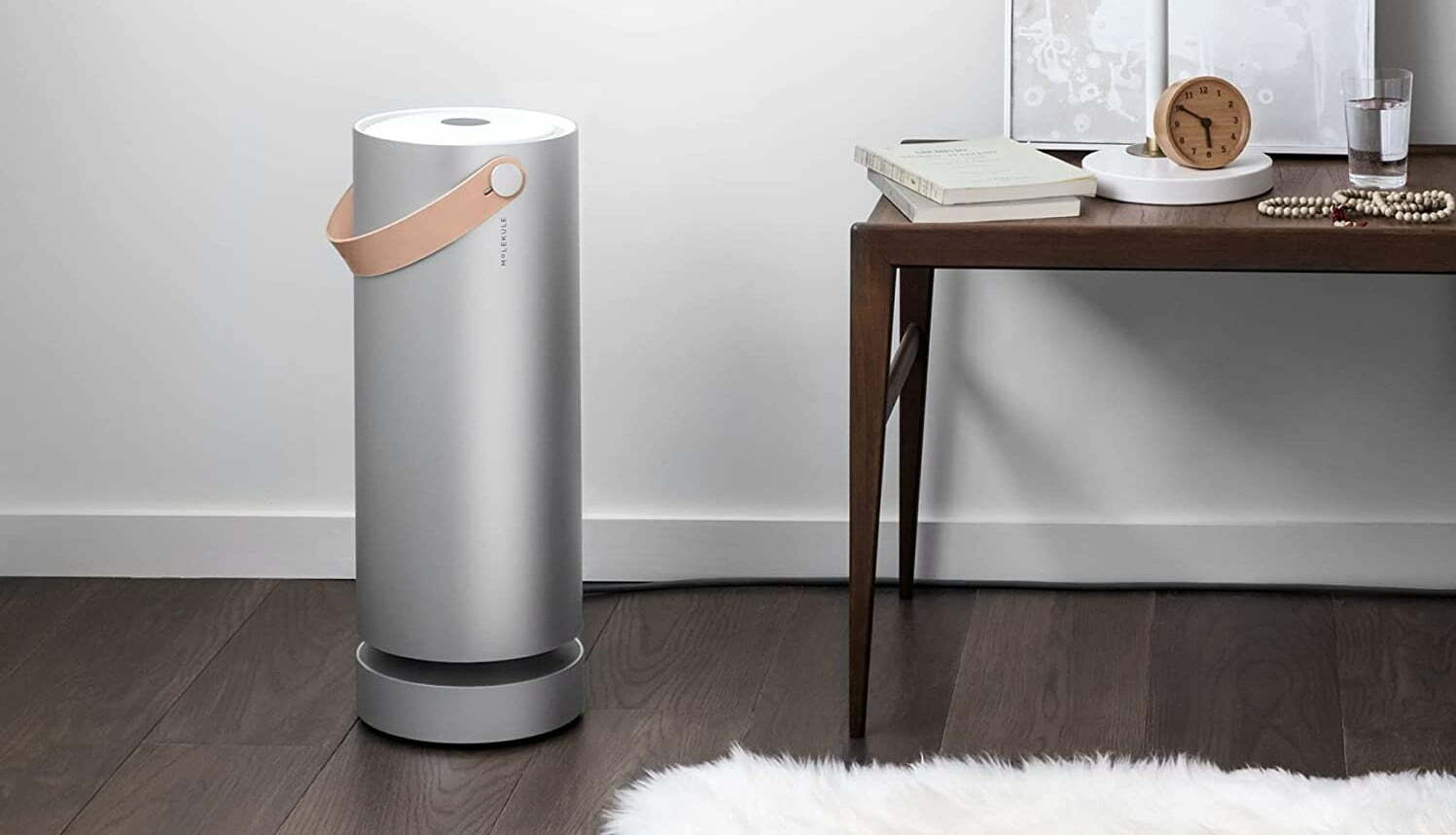
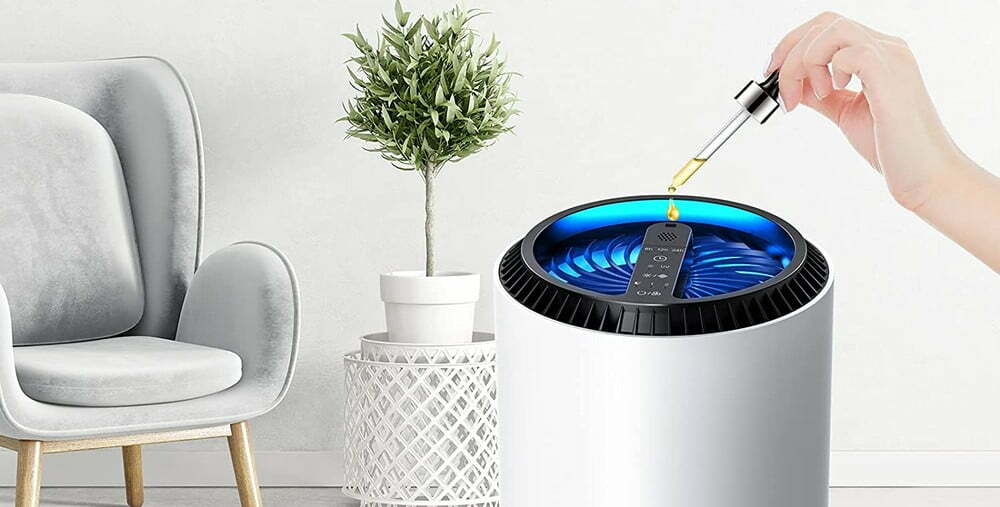
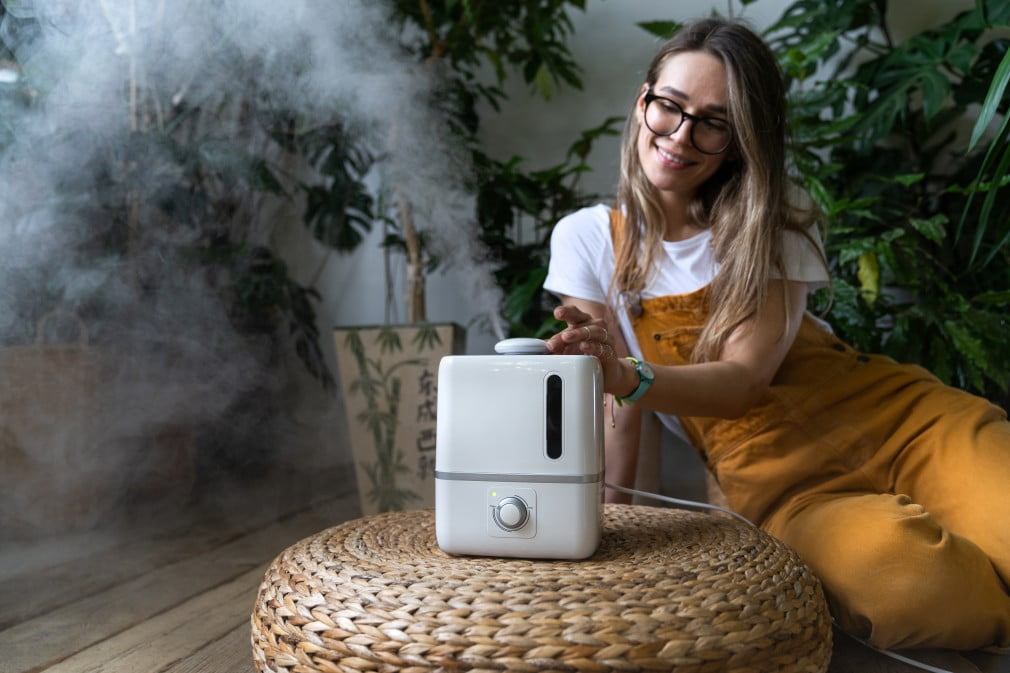
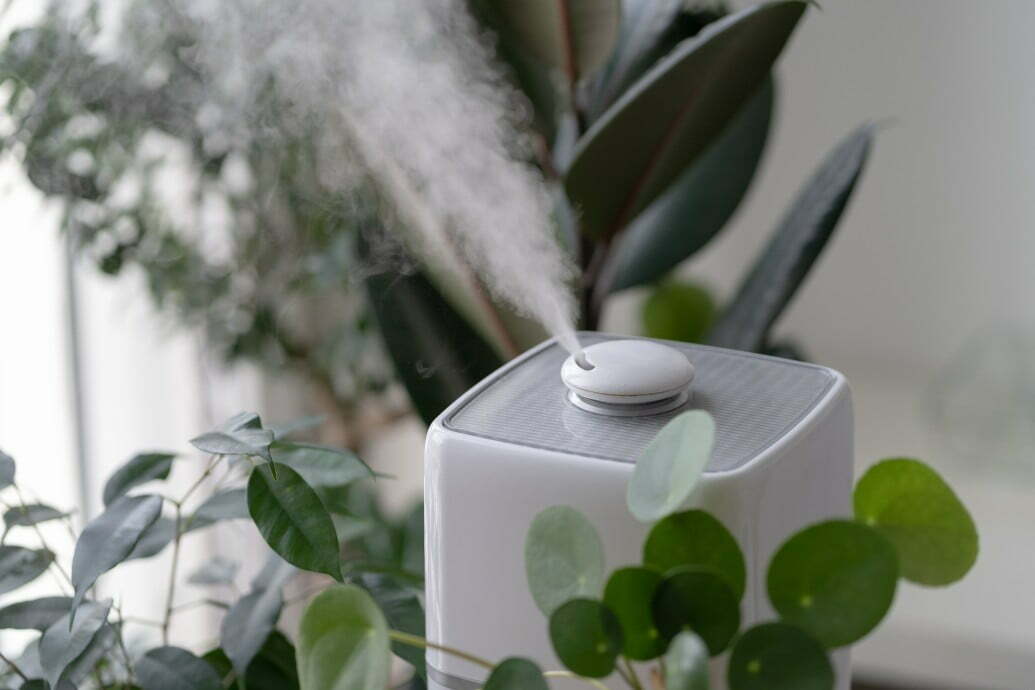
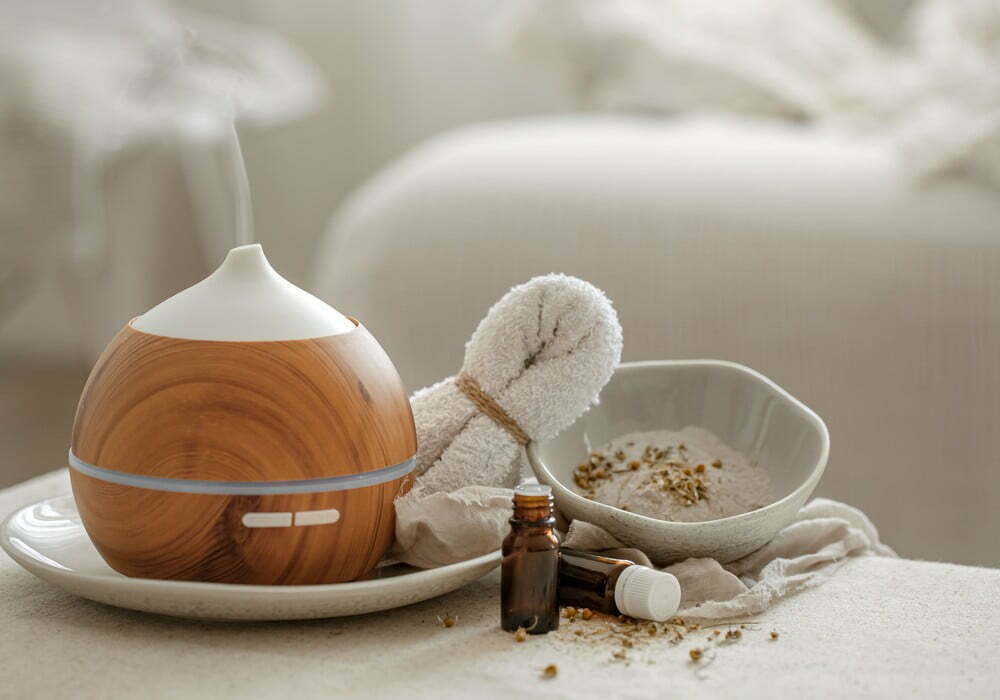
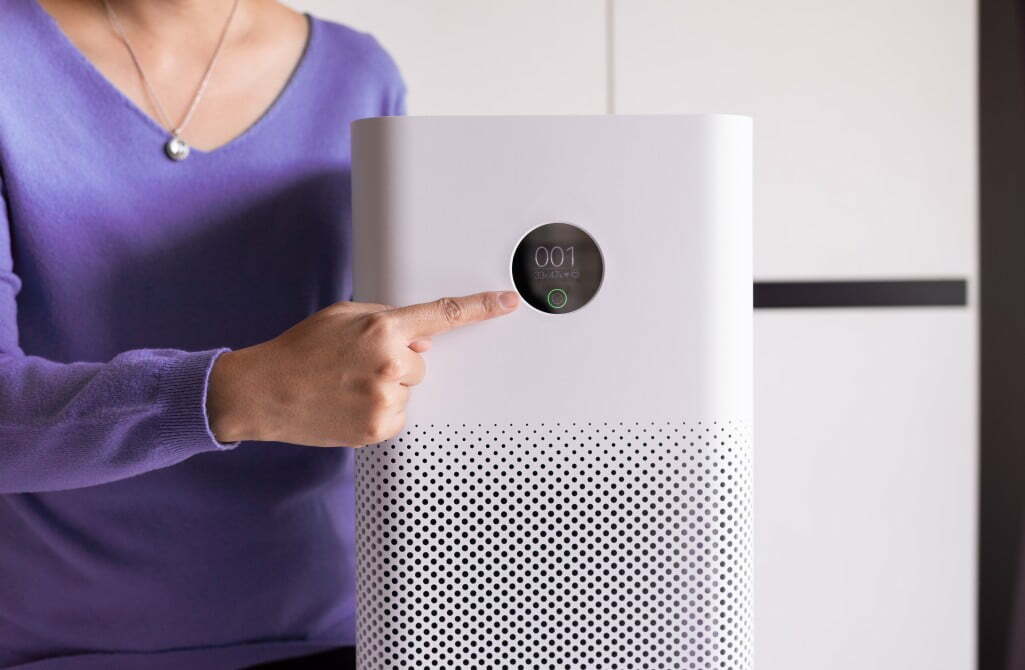
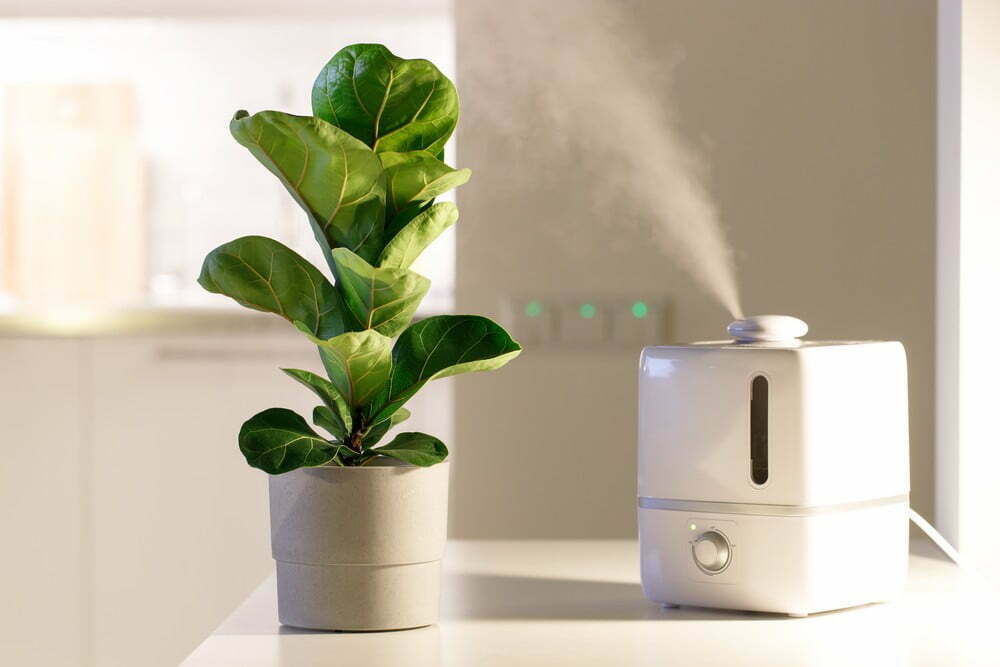

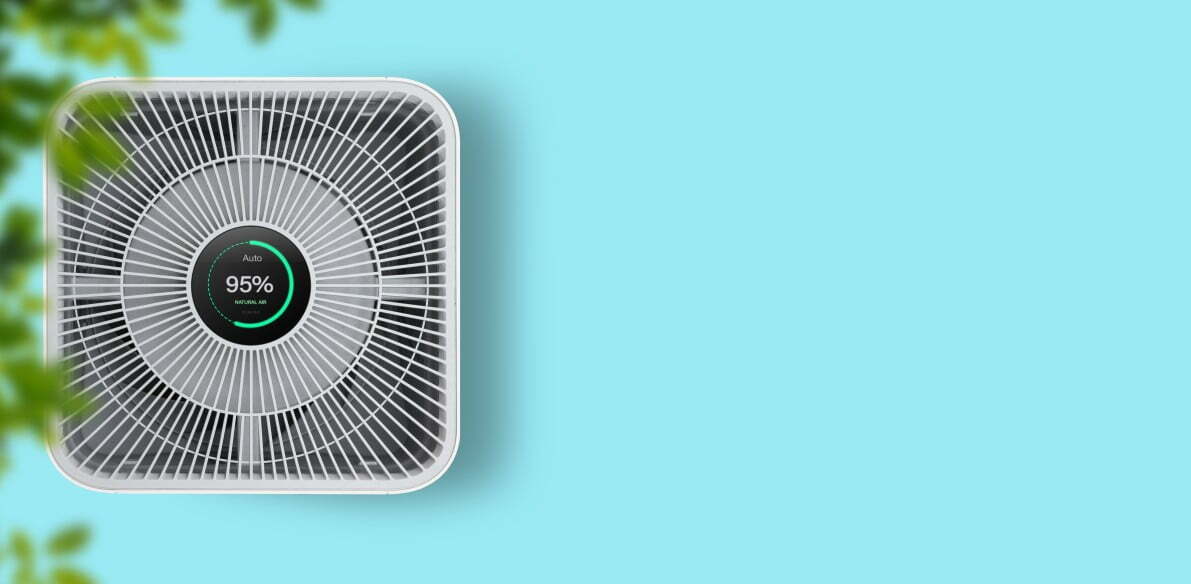
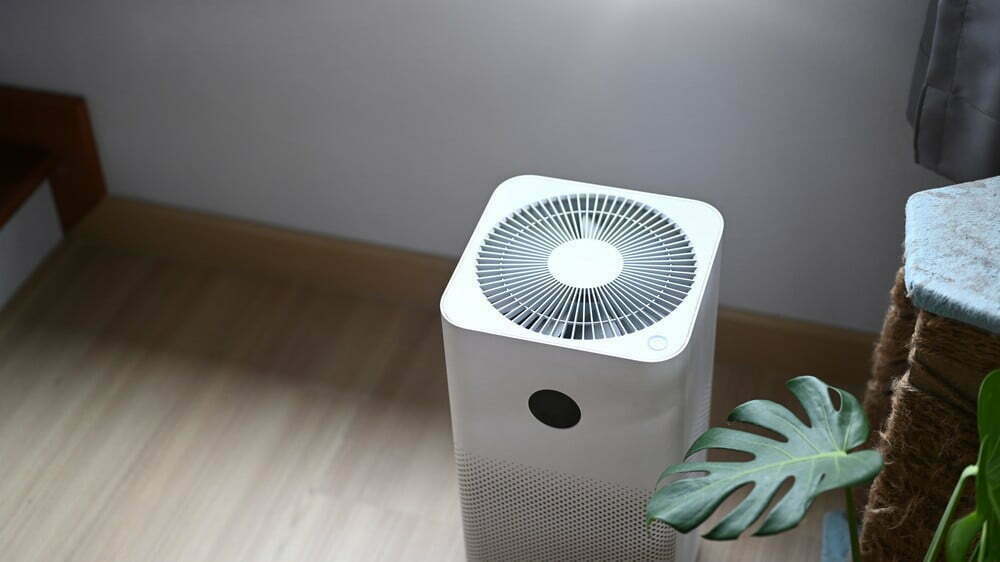
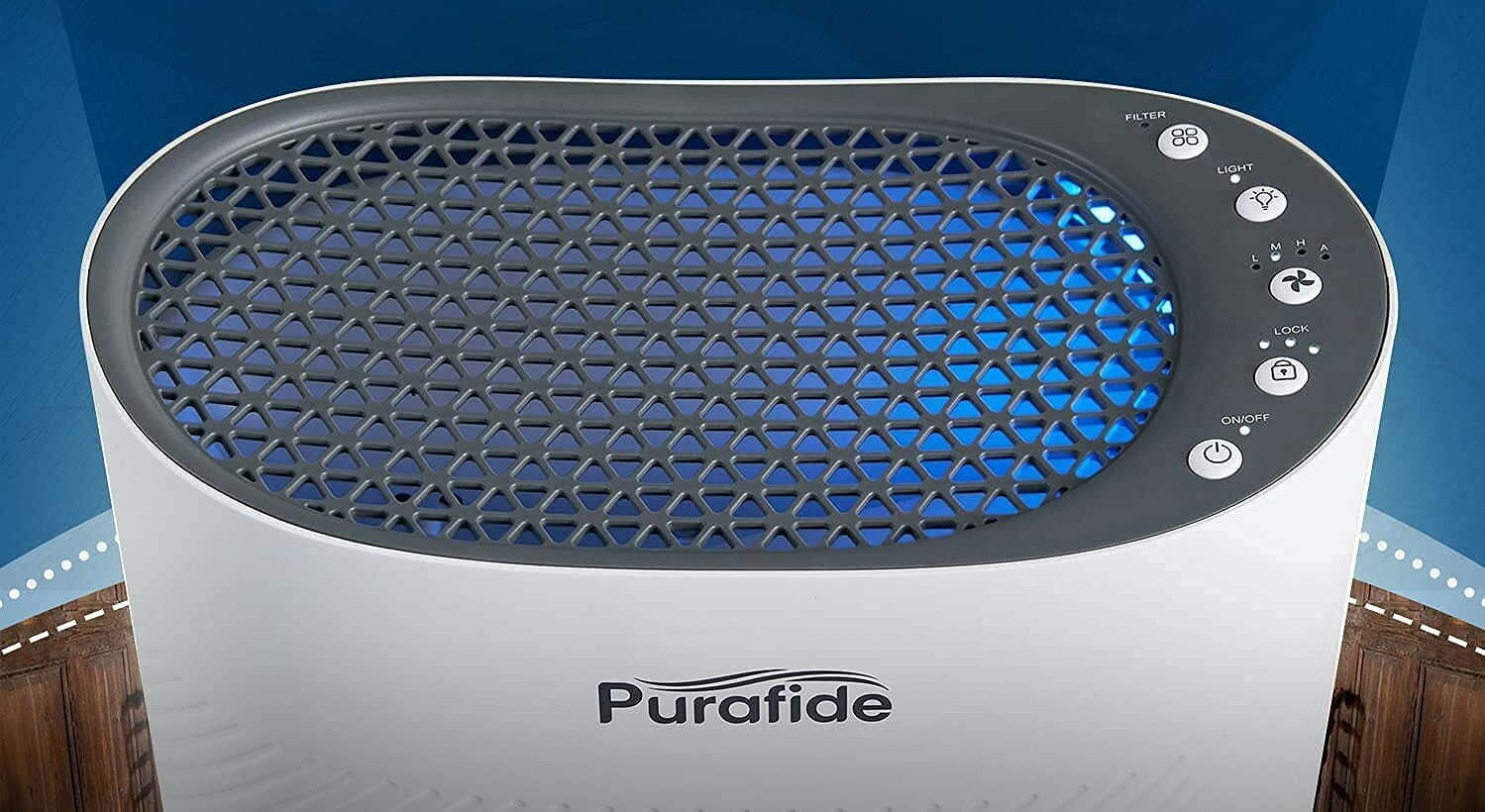
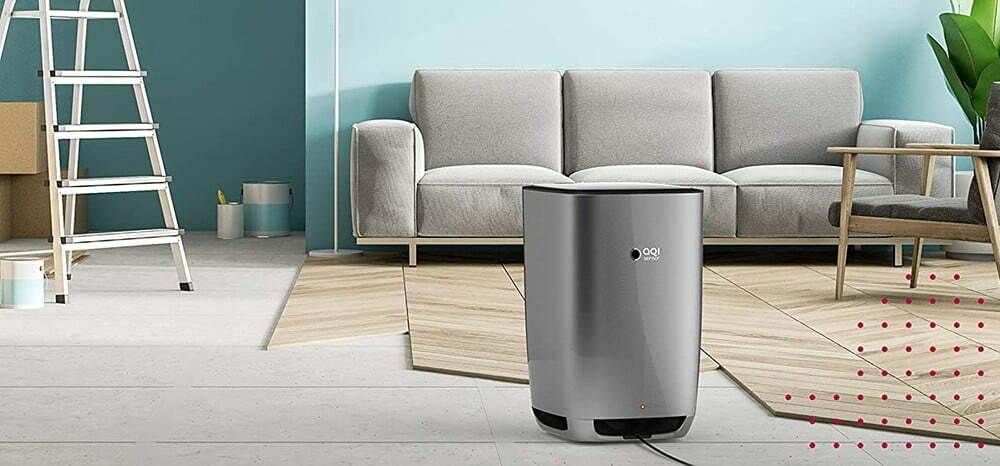
![Best Air Purifiers for VOCs and Formaldehyde in [year] 27 Best Air Purifiers for VOCs and Formaldehyde in 2025](https://www.gadgetreview.dev/wp-content/uploads/best-air-purifier-for-vocs-and-formaldehyde-image.jpg)
![Best Air Purifier in [year] ([month] Reviews) 28 Best Air Purifier in 2025 (December Reviews)](https://www.gadgetreview.dev/wp-content/uploads/Honeywell-True-HEPA-Allergen-Remover-HPA300-e1475603569442.jpg)
![Best Air Purifiers for Dust in [year] 29 Best Air Purifiers for Dust in 2025](https://www.gadgetreview.dev/wp-content/uploads/best-air-purifier-for-dust-image.jpg)
![Best Honeywell Air Purifiers in [year] 30 Best Honeywell Air Purifiers in 2025](https://www.gadgetreview.dev/wp-content/uploads/best-honeywell-air-purifier-image.jpg)
![Best Germicidal Air Purifiers in [year] 31 Best Germicidal Air Purifiers in 2025](https://www.gadgetreview.dev/wp-content/uploads/best-germicidal-air-purifier-image.jpg)
![Best Filterless Air Purifiers in [year] 32 Best Filterless Air Purifiers in 2025](https://www.gadgetreview.dev/wp-content/uploads/best-filterless-air-purifier-image.jpg)
![Best Levoit Air Purifiers in [year] 33 Best Levoit Air Purifiers in 2025](https://www.gadgetreview.dev/wp-content/uploads/best-levoit-air-purifier-image.jpg)
![Best Air Purifiers for Smoking Weed in [year] 34 Best Air Purifiers for Smoking Weed in 2025](https://www.gadgetreview.dev/wp-content/uploads/best-air-purifier-for-smoking-weed-image.jpg)
![Best Quiet Air Purifiers in [year] 35 Best Quiet Air Purifiers in 2025](https://www.gadgetreview.dev/wp-content/uploads/best-quiet-air-purifier-image.jpg)
![Best Desktop Air Purifiers in [year] 36 Best Desktop Air Purifiers in 2025](https://www.gadgetreview.dev/wp-content/uploads/best-desktop-air-purifier.jpg)
![Best Dyson Air Purifiers in [year] 37 Best Dyson Air Purifiers in 2025](https://www.gadgetreview.dev/wp-content/uploads/best-dyson-air-purifier.jpg)
![Best Air Purifiers for Dorm Room in [year] 38 Best Air Purifiers for Dorm Room in 2025](https://www.gadgetreview.dev/wp-content/uploads/air-purifier-for-dorm-room-1.jpg)
![Best Air Purifiers for Office in [year] 39 Best Air Purifiers for Office in 2025](https://www.gadgetreview.dev/wp-content/uploads/best-air-purifier-for-office.jpg)
![Best Air Purifiers for Basement in [year] 40 Best Air Purifiers for Basement in 2025](https://www.gadgetreview.dev/wp-content/uploads/best-air-purifier-for-basement.jpg)
![Best Air Purifiers For Odor in [year] 41 Best Air Purifiers For Odor in 2025](https://www.gadgetreview.dev/wp-content/uploads/best-air-purifier-odor.jpg)
![10 Best Personal Air Purifiers in [year] 42 10 Best Personal Air Purifiers in 2025](https://www.gadgetreview.dev/wp-content/uploads/best-personal-air-purifiers.jpg)
![10 Best Plug In Air Purifiers in [year] 43 10 Best Plug In Air Purifiers in 2025](https://www.gadgetreview.dev/wp-content/uploads/best-plug-in-air-purifier-image.jpg)
![10 Best Whole House Air Purifiers in [year] 44 10 Best Whole House Air Purifiers in 2025](https://www.gadgetreview.dev/wp-content/uploads/best-whole-house-air-purifier-image.jpg)
![10 Best Large Room Air Purifiers in [year] 45 10 Best Large Room Air Purifiers in 2025](https://www.gadgetreview.dev/wp-content/uploads/Coway-Airmega-200M-Large-Room-Air-Purifier-900x900-1.png)
![10 Best UV Air Purifiers in [year] 46 10 Best UV Air Purifiers in 2025](https://www.gadgetreview.dev/wp-content/uploads/best-uv-air-purifier.jpg)
